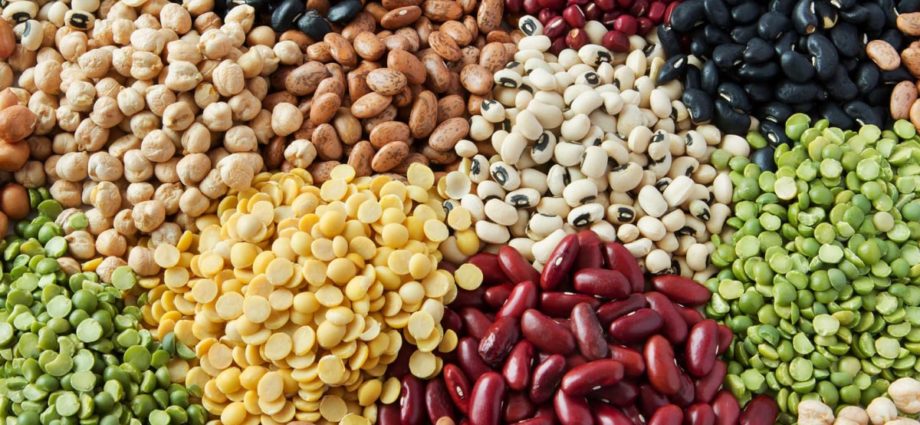The Parliament’s Upper House Rajya Sabha on Tuesday passed the Essential Commodities (Amendment) Bill 2020 thereby scraping cereals, pulses, oil seeds, edible oils, onions and potatoes, from the list of essential items.
The bill had got the green signal from the Lok Sabha on September 15.
The bill was approved by a voice vote replacing an ordinance promulgated earlier in June, the Essential Commodities (Amendment) Ordinance 2020 amends the Essential Commodities Act 1955.
Essential Commodities Act 1955
This act gjves government the power to designate certain commodities as essential commodities. The government can control the production, supply, distribution, trade and commerce of these commodities. This control enables the center to curb inflation. The act was put into force at a time when India was a net importer of food.
Finance Minister of India Nirmala Sitharaman floated the suggestion of amending the act and imposing a limit on stock under exceptional circumstances including famine, calamities etc. However there will be no stock limit for processors and supply chain owners. The amendment would also remove agriculture produce such as pulses, onion, potato and cereals, edible oils and oil seeds from the list of essential items.
Essential Commodities (Amendment) Ordinance
Promulgated on June 5 2020, the Essential Commodities (Amendment) Ordinance amended the act allowing the government to remove their control over the production, supply, distribution and stock limit of the aforesaid commodities.
Need for Amendment
The need for the amendment was felt because at the time of the enactment of this act, India was highly dependent on imports. It was the year 1955 and the country was getting used to its newly found independence. However, now the time has changed. Over the years India has made growth in the Agricultural sector exporting various commodities.
The amendment would remove restrictions on farmers and enabling them to sell their produce outside their notified areas. It will also promote farming and allow the farmers to do direct marketing.
This act is also expected to enable and empower farmers’ co-operative societies and thus increase access of the farmers to the markets. It is also expected to increase the profits of producers.
(Feature image source: Healthy Way)

